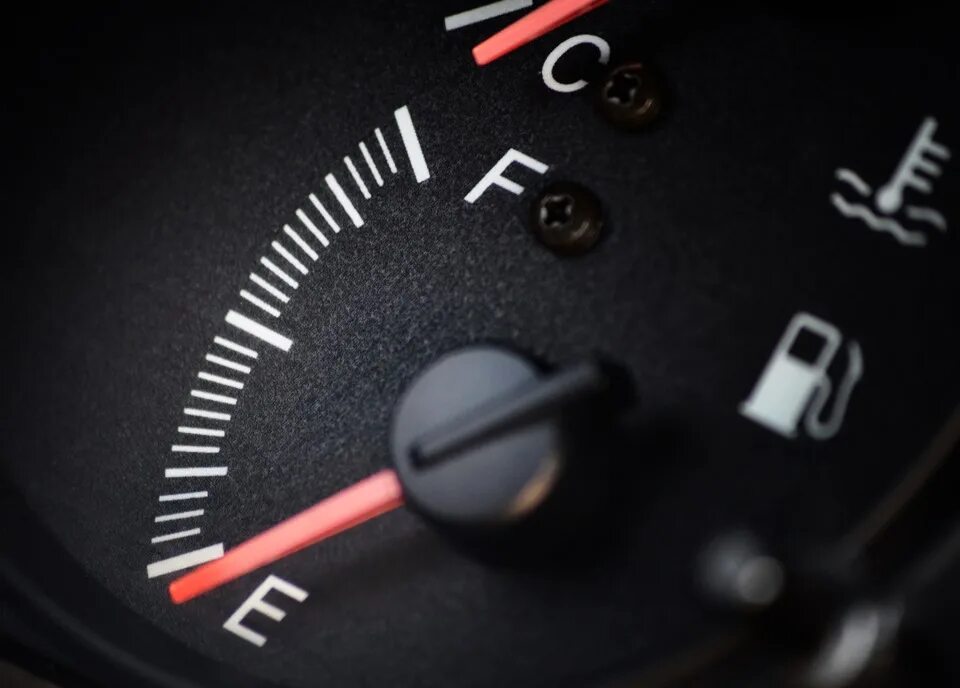

In conditions of possible unstable fuel supplies and disruptions in its availability, it is crucial for successful business operations to organise fuel stock correctly.
Effective planning and proper fuel storage will help to avoid production and transport stoppages, which will significantly save time and money for the company.
Why is Fuel Reserve Planning Important?
Fuel reserves are not just a matter of business safety ,but also its efficiency. In unforeseen circumstances, such as supply interruptions or rising fuel prices, maintaining an adequate stock ensures stable operations and prevents downtime.
The regular fuel consumption of a business should be clearly calculated based on daily or weekly usage.
Key factors to consider when planning reserves include:
- Average Fuel Consumption:
Based on historical data, determine how much fuel is required for specific operations.
- Seasonal Variations:
Consumption may increase or decrease depending on the season. For example, heating in winter may increase fuel demand.
- Supplier Reliability:
Stable supply chains reduce the need for larger reserves, but a safety margin is recommended in case of delays.
How to Organise Proper Fuel Storage
Proper fuel storage is the key to preserving fuel and preventing possible quality problems. Non-compliance with storage regulations can lead to fuel contamination, quality degradation, or even hazardous situations.
Basic rules for fuel storage include:
- Environmental protection:
Fuel should be stored in sealed tanks, protected from water and direct sunlight. Moisture can cause corrosion of equipment and lead to deterioration of fuel quality.
- Temperature conditions:
Storage temperature should be stable to avoid oxidation and decomposition of the fuel.
- Contamination control:
Regular checks for contaminants such as dirt or water will help keep the fuel in a usable condition.
- Safety Systems:
Since fuel is flammable, safety measures such as fire extinguishers and leak detection systems are essential.
Automating of Fuel Accounting and Monitoring
Modern technologies enable real-time fuel reserve monitoring and usage management. Installing monitoring systems helps businesses keep track of fuel levels and schedule replenishments efficiently This is especially important for companies with a large fleet of vehicles or large production facilities.
An automatic metering system includes:
- Tank Level Monitoring:
sensors can be used to keep track of the fuel remaining and plan new deliveries in advance.
- Fuel Quality Control:
Regular testing ensures fuel meets required standards, avoiding equipment issues.
- Consumption analysis:
Fuel accounting software can analyse fuel efficiency and help identify possible leaks or misuse..
It is not only important for a business to have a sufficient stock of fuel, but also to organise its storage properly.
Effective planning, adherence to storage conditions, and the use of modern control systems can help prevent operational disruptions, maintain fuel quality, and optimise costs.
In the context of constantly changing fuel prices and possible supply disruptions, a reliable stock and proper management become key factors in the successful operation of a company.
